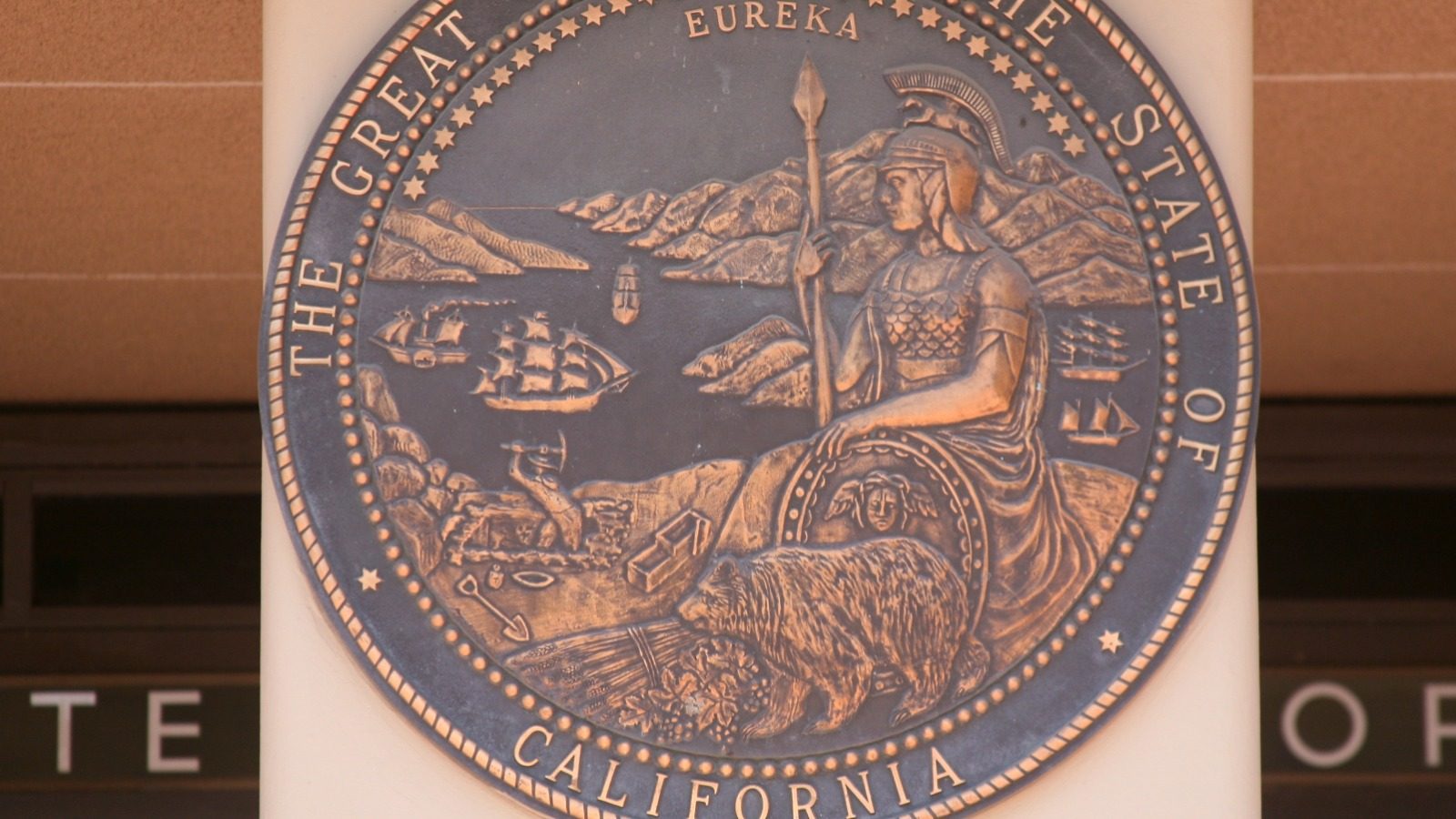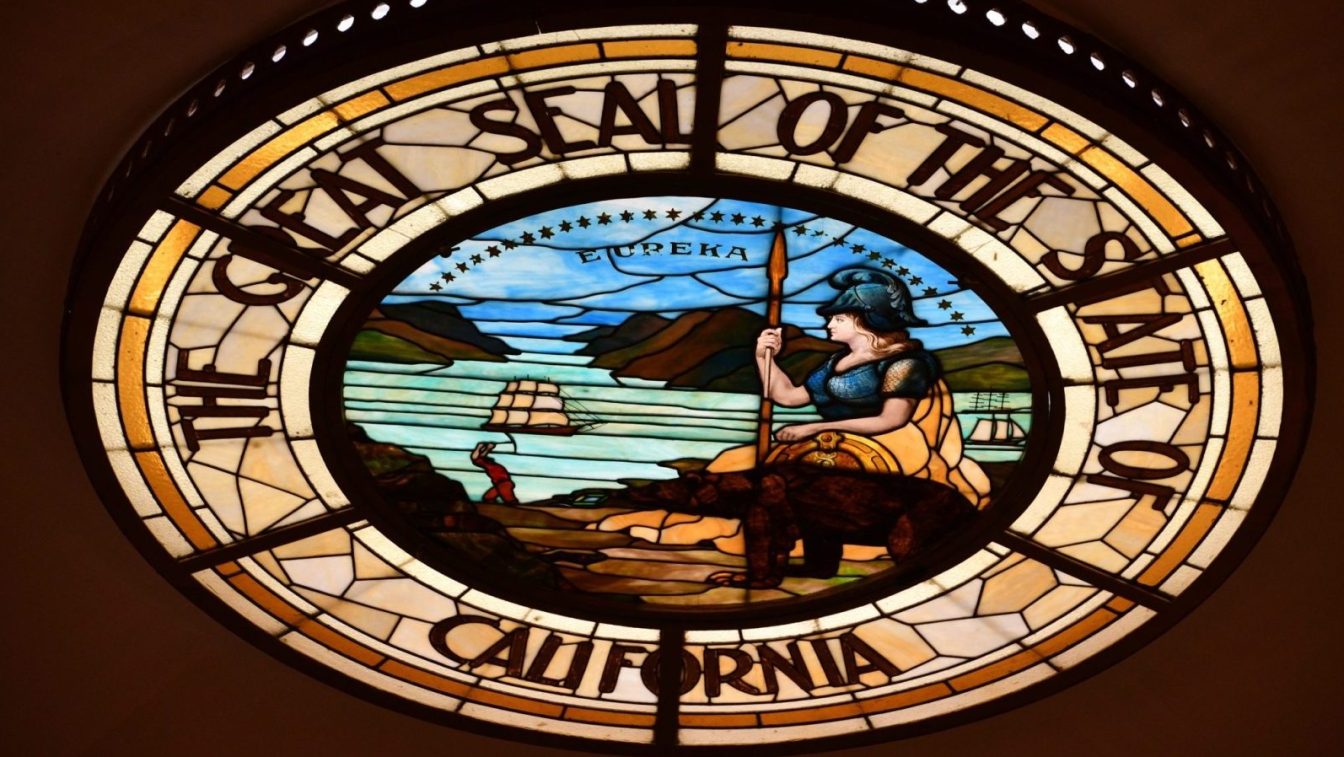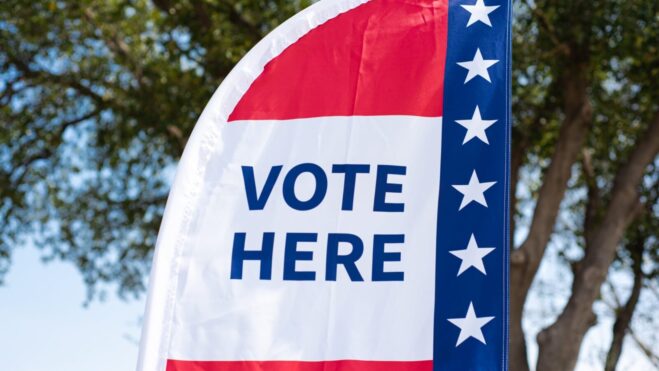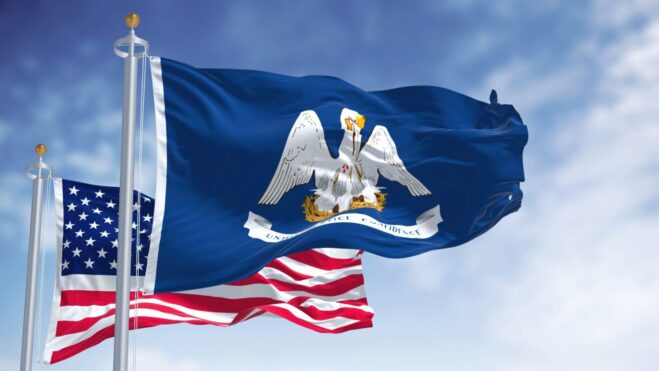Judge Strikes Down California Tribes’ Lawsuit Against Cardrooms
Tribal lawyers say they will appeal after Damrell rules new state law preempted by federal law
4 min

A Sacramento County Superior Court judge on Friday dismissed California gaming tribes’ suit against the state’s cardrooms, ruling that the special court case authorized by the legislature is preempted by federal law.
“I may be wrong,” Judge Lauri A. Damrell said. “And I expect there will be an appeal. And so, I welcome the guidance from the Court of Appeal on this as well and we’ll see where it goes.”
The tribes’ lawyer, Adam Lauridsen, immediately told the judge the tribes will appeal, which promises to further elongate a tortured and bitter battle between the Golden State’s two major rivals in gaming.
The long-running dispute centers on banked table games like blackjack, which traditionally pits gamblers against the house.
The cardrooms argue that the tribes had the opportunity to challenge the cardrooms’ practices through their negotiations with the governor of California over their gaming compacts, a process established under the Indian Gaming Regulatory Act (IGRA).
“There is a process through which things work,” Benjamin Horwich, the cardrooms’ lead attorney, told Damrell Friday.
After the judge gave her ruling, the tribes’ lawyer requested that all evidence that was preserved per the judge’s orders continue to be saved through any appeal. Damrell scheduled a “status conference” to discuss the matter further on Nov. 4.
Otherwise, the appeal is presumed to now go to the Third District Court of Appeal, which typically hears appeals from Sacramento County Superior Court, although this is a unique case. It will likely be months before the tribes’ standing on this case is again considered in court.
For now, however, the cardrooms are pleased.
“Cardrooms for many decades have proudly operated lawful games with full transparency and stringent oversight by the office of the Attorney General of the State of California and the California Gambling Control Commission,” California Gaming Association President Kyle Kirkland said in a statement. “We are encouraged by today’s decision. Our member cardrooms will continue to support good jobs, vital public services, and local economies across California while upholding the highest standards of integrity, accountability, and compliance.”
Legislative solution
The tribes, which as sovereign nations don’t have the standing to sue in state court, got the right to last fall, when the California Legislature passed SB 549.
Tribes had tried to sue cardrooms over banked games before, but were dismissed because of that lack of standing, with judges ruling that as sovereign nations the tribes aren’t eligible to bring an action in court.
In February 2023, then-state Sen. Josh Newman introduced legislation to attempt to settle the issue once and for all. SB 549 sought to give California’s gaming tribes special standing to sue cardrooms one time over this issue in Sacramento County Superior Court.
It took nearly an entire two-year legislative session, but the bill was passed by the legislature and signed into law by Gov. Gavin Newsom in September 2024.
Though cardrooms predated tribal casinos in California, under IGRA and via compacts with the state, Indian Country has exclusivity for Class III gaming, which includes card games, in the state.
For more than 20 years, state regulators have said so-called player-dealer games are permissible under California law, giving rise to a convoluted, symbiotic system where cardrooms partner with licensed entities known as third-party proposition players (TPPPs) to offer versions of games like blackjack that the cardrooms insist do not actually qualify as banked games.
Cardrooms have been using the player-dealer with TPPPs since late 2007 when an obscure state official said that if cardrooms offered every player at a blackjack table the chance to serve as the house for a hand or two, and so long as cardrooms themselves never acted as the bank itself, it’s legal for them to offer such games, regardless of Proposition 1A.
Within cardrooms, TPPP workers, who wear badges to distinguish themselves from cardroom employees, park themselves at the tables where versions of traditionally banked games like blackjack and baccarat are offered. Every hand, the dealer, a cardroom employee, offers players the chance to serve as the house. Most cardroom players don’t have the funds to cover that kind of action and therefore decline. But TPPP workers are funded by their employers for this very reason and are stationed at the tables specifically for this task.
TPPP workers volunteer to cover the action over and over again, allowing the games to continue.
Judge wasn’t swayed
The cardrooms insist their operations are legal under state law not because the TPPPs are covering the action, but because the state has approved the player-dealer games and has said they don’t qualify as banked games. The tribes, which are deeply distrustful of state regulators, say the cardrooms’ practices fly in the face of the will of voters who approved Proposition 1A.
Newsom’s signing of SB 549 set the stage for California’s gaming tribes to file the lawsuit that led to Friday’s hearing. But the cardrooms challenged the basis of the suit, arguing that regardless of whatever the legislature intended, IGRA preempts state law in this instance.
Previously, IGRA had only been recognized to preempt state law in narrow circumstances and specifically in relation to gambling on reservations.
In August, Judge Damrell issued a tentative ruling agreeing with the cardrooms’ arguments but deferred making a ruling until Friday to hear further arguments from both sides. She again issued a tentative ruling ahead of Friday’s hearing indicating her support for the cardrooms’ position, but still listened to arguments from the tribes, who said IGRA pertains to tribal gaming, not the off-reservation gaming, the subject of the tribes’ suit.
“There is no actual conflict here that should trigger preemption,” Lauridsen, the tribes’ lead attorney, told Damrell on Friday.
How we got here
When California voters authorized Native American tribes to operate casinos on their lands with the passage of Proposition 1A in 2000, they gave tribes the exclusive right to offer games using house money within the state.
By that time, however, cardrooms were already fixtures in California. A product of the Gold Rush era, cardrooms began as saloons where bored miners could while away the time drinking and gambling on card games.
Over decades, the humble establishments evolved into glitzy casinos themselves, but they differ from Vegas-style and tribal casinos in one critical way: State law bans them from offering banked games, a throwback to the now-ancient concern of the state legislature that miners would get hustled by savvy saloon owners if they were allowed to wager against them directly.
That restriction wasn’t a problem for cardrooms when they were the only gambling establishments in the state, primarily offering games like poker where gamblers could wager against each other, not the house. But when tribal gaming came along, it threatened to put cardrooms at a tremendous disadvantage to Native American casinos, which could offer popular games like blackjack and baccarat.






